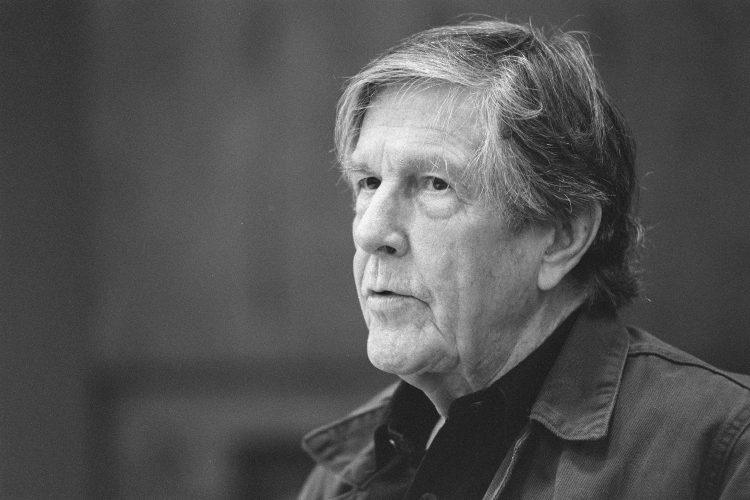2020 PostGenre Hall of Fame Inductee: Louis Armstrong and his Hot Five’s “West End Blues”
|
Getting your Trinity Audio player ready...
|
Jazz fans can be a disputatious lot, yet if there’s something on which we all can agree it’s this: the four clarion quarter notes that begin Louis Armstrong’s 1928 Okeh recording of “West End Blues” herald the birth of jazz as we know it.
The foundational elements of the jazz DNA as we know it–flashing virtuosity, formal invention, a dazzling variety of articulation and subtlety of phrasing and rhythm–are all present in these three minutes and 28 seconds. Imagine what a listener in 1928, accustomed to the bloodless, bowdlerized music of Paul Whiteman, the so-called “King of Jazz,” must have made of this.
By virtue of his blazing genius, Armstrong transformed jazz from a collective endeavor to an individual showcase, from a demotic music into the highest art. That genius was present from the beginning of Armstrong’s recording career, which began (can it be?) 97 years ago. If those early recordings with King Oliver and others were the Boston Tea Party of the coming revolution, “West End Blues,” was its Lexington and Concord. From that moment on, the soloist as Promethean hero (or less benignly, tragic hero) muscled his way to the front and center of the music where he–and more recently she–has remained. For better or worse, this is the way the story of the music and those who make it is told.
There’s no way of knowing how many people heard this record in 1928. Sales figures are hard to come by and Billboard Magazine did not publish a Hit Parade until 1936. If a listener encountered jazz at all in 1928, it was likely to have been in person, or depending on geography, on a radio relay of a live band (AF of M agreements with the major networks prohibited the playing of records on the radio until the 1940s).
For all its undeniable importance, “West End Blues” might be the ultimate long-tail record, one that might not have been widely heard at the time of its release, but nonetheless is as extraordinary and inspirational today as it was 92 years ago.
Personnel: Louis Armstrong (trumpet and vocals); Earl “Fatha” Hines (piano); Jimmy Strong (clarinet); Fred Robinson (trombone); Mancy Carr (banjo); Zutty Singleton (drums).



